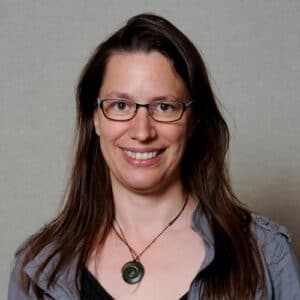Original article by Nate DeGaff at the College of Sciences
CAMAL’s Christopher Rock, along with his fellow scientists and engineers at NC State, has been awarded nearly $3 million by the National Science Foundation (NSF) to drive the design, discovery and development of advanced materials needed to address major societal challenges.
NC State earned funding for a trio of four-year, multi-university projects, announced on Sept. 18. These projects were among 37 funded by NSF’s Designing Materials to Revolutionize and Engineer our Future (DMREF) program, which brings together a wide range of disciplines — including materials research, engineering, mathematics, computer science, chemistry and physics — to achieve outcomes not possible in isolation. DMREF projects also include industrial partnerships to facilitate technology translation and train the future U.S. workforce in materials development and deployment.
Rock’s project, led by Karen Daniels, Distinguished Professor of Physics, and entitled “Iterative Design and Fabrication of Hyperuniform-Inspired Materials for Targeted Mechanical and Transport Properties,” will support the development of novel approaches to design a new class of disordered lattice materials. These materials are inspired by the special transport properties, such as heat transfer and diffusion, predicted to exist for so-called hyperuniform structures. The objective is to engineer a new class of ultralight, manufacturable materials with jointly optimized mechanical and transport properties.
The $983,000 grant to NC State will also provide workforce development for a diverse group of undergraduates, Ph.D. students and postdoctoral researchers in the multidisciplinary areas of engineering, materials science, mathematics and physics. It will contribute to the public understanding of materials research via publications, outreach and internship programs for high school students and teachers. There will also be an effort to develop entrepreneurship, and trainees will be supported in pursuing the commercialization of their ideas. Also involved in the project are Christopher Rock, associate research professor in the Center for Additive Manufacturing and Logistics and the Edward P. Fitts Department of Industrial and Systems Engineering at NC State; Mason Porter, professor in the Department of Mathematics at UCLA; Katherine Newhall, associate professor in the Department of Mathematics at UNC-Chapel Hill; and Ryan Hurley, associate professor, Department of Mechanical Engineering at Johns Hopkins University.


